Taxes are inevitable, but overpaying them? That’s optional. If you’re a business owner or entrepreneur, you need to know about depreciation and deductions—one of the best ways to legally reduce your tax bill.
In this guide, we’ll break it down in simple terms, answer common questions, and show you how to maximize your financial benefits.
What Is Depreciation Deduction for Businesses?
Let’s answer the big question first, right out of the gate: Is depreciation tax deductible?
Yes! As long as the asset is used for business and meets IRS guidelines, you can take advantage of these tax benefits.
Think about the big purchases your business makes—computers, office furniture, machinery, even buildings. These assets don’t last forever. Over time, they lose value. A Depreciation tax deduction allows you to deduct the cost of these assets little by little each year, rather than all at once.
It’s like getting a tax break on your business purchases year after year!
For example, if you buy a $10,000 piece of equipment and it has a useful life of 5 years, you might deduct $2,000 per year instead of taking a one-time deduction. This helps smooth out expenses and lowers your taxable income annually.
How Do I Claim Depreciation Deductions on Taxes?
Here’s a step-by-step breakdown:
- Determine if the asset qualifies – It must be something tangible used in your business (e.g., vehicles, machinery, computers, buildings).
- Know the asset’s useful life – The IRS assigns a depreciation period (like 5 years for vehicles, 39 years for commercial buildings).
- Choose a depreciation method – Most businesses use MACRS (Modified Accelerated Cost Recovery System)to maximize deductions early.
- Report it on your tax return – Use IRS Form 4562 to claim depreciation deductions each year.
Want to make it even easier? Work with a Main Street Certified Advisor who can ensure you’re claiming every deduction for depreciation you deserve!
As long as you’re here, feel free to search our Main Street Tax Advisor Network and find the advisor who best fits your needs.
What Assets Are Eligible for Depreciation Deductions?
Not everything can be depreciated, but most business-related purchases are fair game, including:
- Office furniture and equipment
- Machinery and tools
- Vehicles used for business
- Buildings (but not land)
- Computers and software
However, everyday expenses like office supplies or rent can’t be depreciated—they’re deducted as regular business expenses.
How Does Depreciation Affect My Business Tax Return?
Depreciation deductions lower your taxable income, which means:
- Less money owed to the IRS
- Higher cash flow for your business
- More savings for future growth
Let’s say your business made $100,000 in profit, but you claim $20,000 in depreciation deductions. Now, instead of paying taxes on $100,000, you only pay taxes on $80,000. That’s a big difference!
Can I Take Accelerated Depreciation on My Business Property?
Yes! The IRS allows you to speed up depreciation for certain assets. Two powerful options include:
Section 179 Deduction – Deduct the full cost of qualifying assets (like equipment and vehicles) in the first year instead of spreading it out.
Bonus Depreciation – Allows you to deduct a big chunk (sometimes 100%) of the cost upfront, especially for new equipment.
Both strategies can dramatically cut your tax bill, so check with a tax pro to see what works best for you.
Maximize Your Savings with Depreciation Deductions
Depreciation is a game-changer for tax savings. By taking advantage of these deductions, your business can keep more cash on hand and reinvest it for growth.
Need expert help navigating tax deductions? Looking to level up your tax game?
Take Action
Want to learn more about deductions for depreciation, along with 30 other valuable tax-savings strategies for your business? Download our FREE tax guide and gain the blueprint for building generational wealth.
Are you a CPA, EA, Broker, Financial Planner or even an Insurance Agent trying to help your business clients keep more of their hard-earned money? There’s a better way to do what you love.
Become a Main Street Certified Advisor! Gain the expertise to simplify tax strategies, optimize deductions, and help clients navigate the changing tax landscape—all while boosting your own bottom line.
Call us at 520-800-0986 or book your FREE discovery call today and let’s talk strategy, goals, and next steps towards year-round success!









